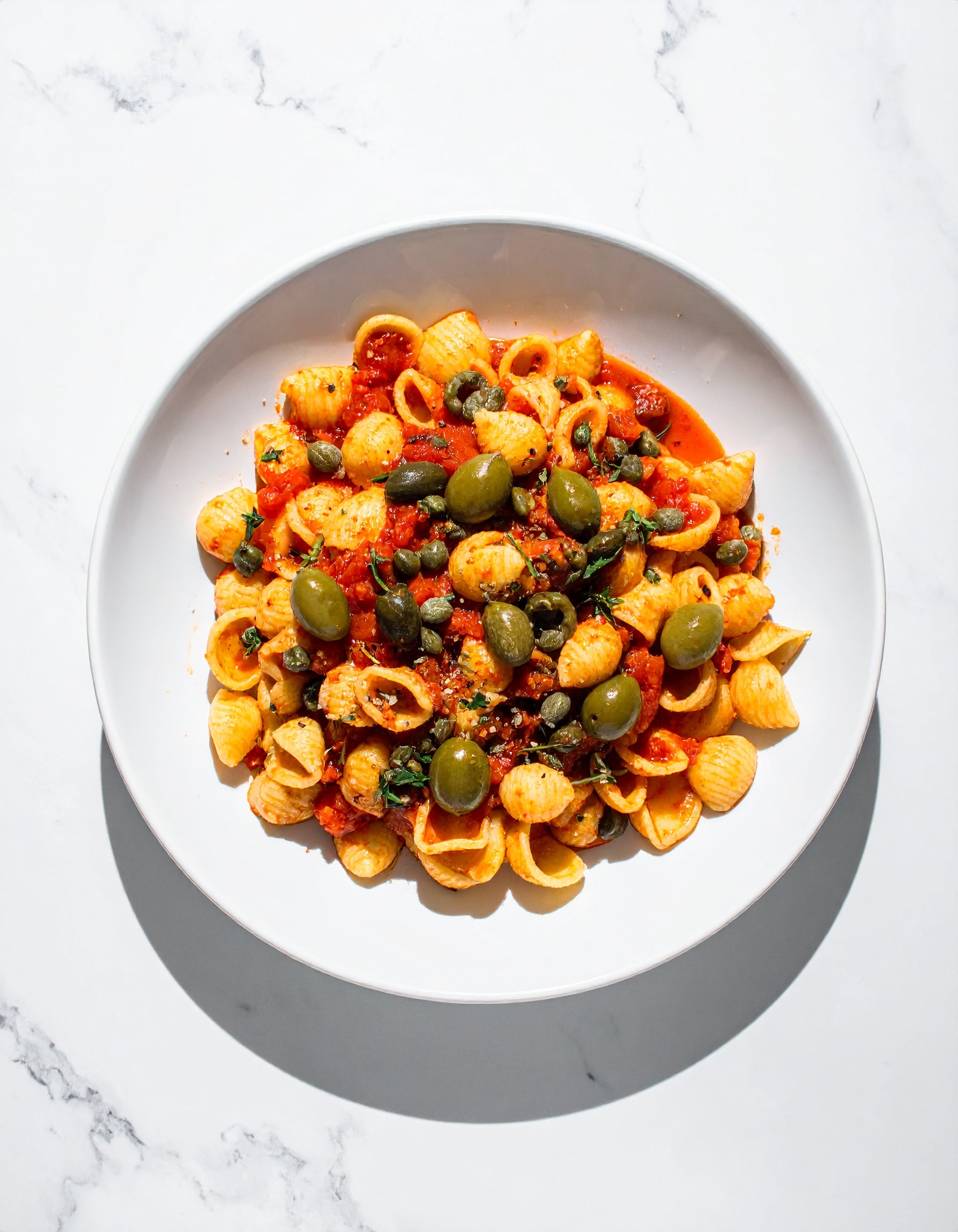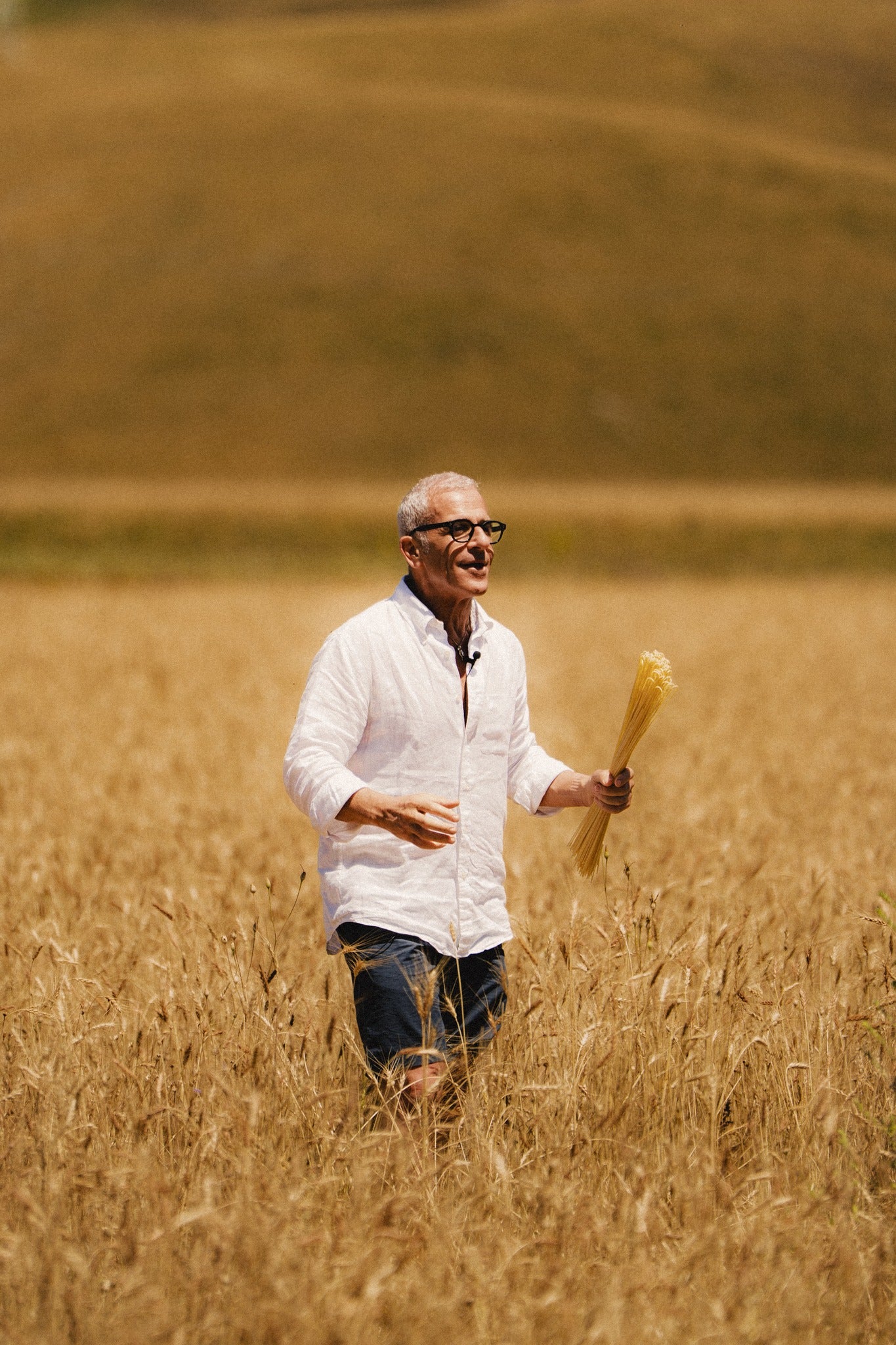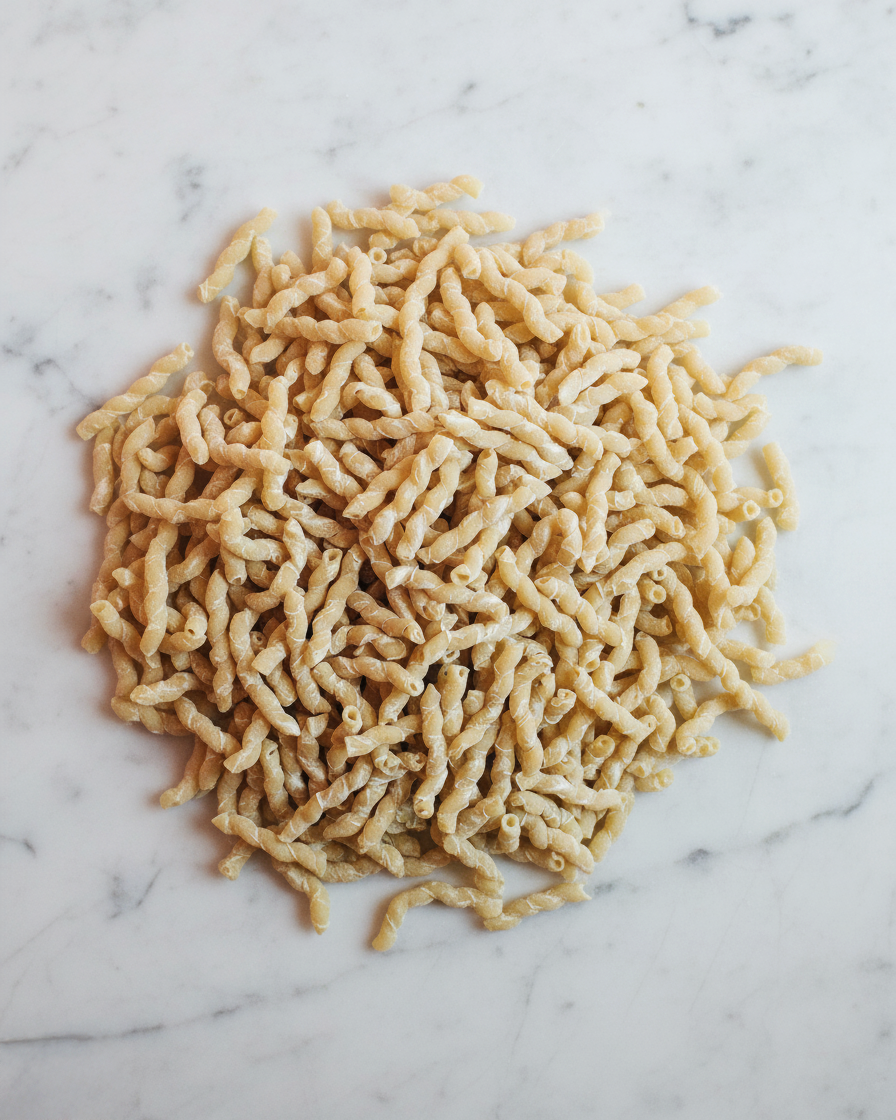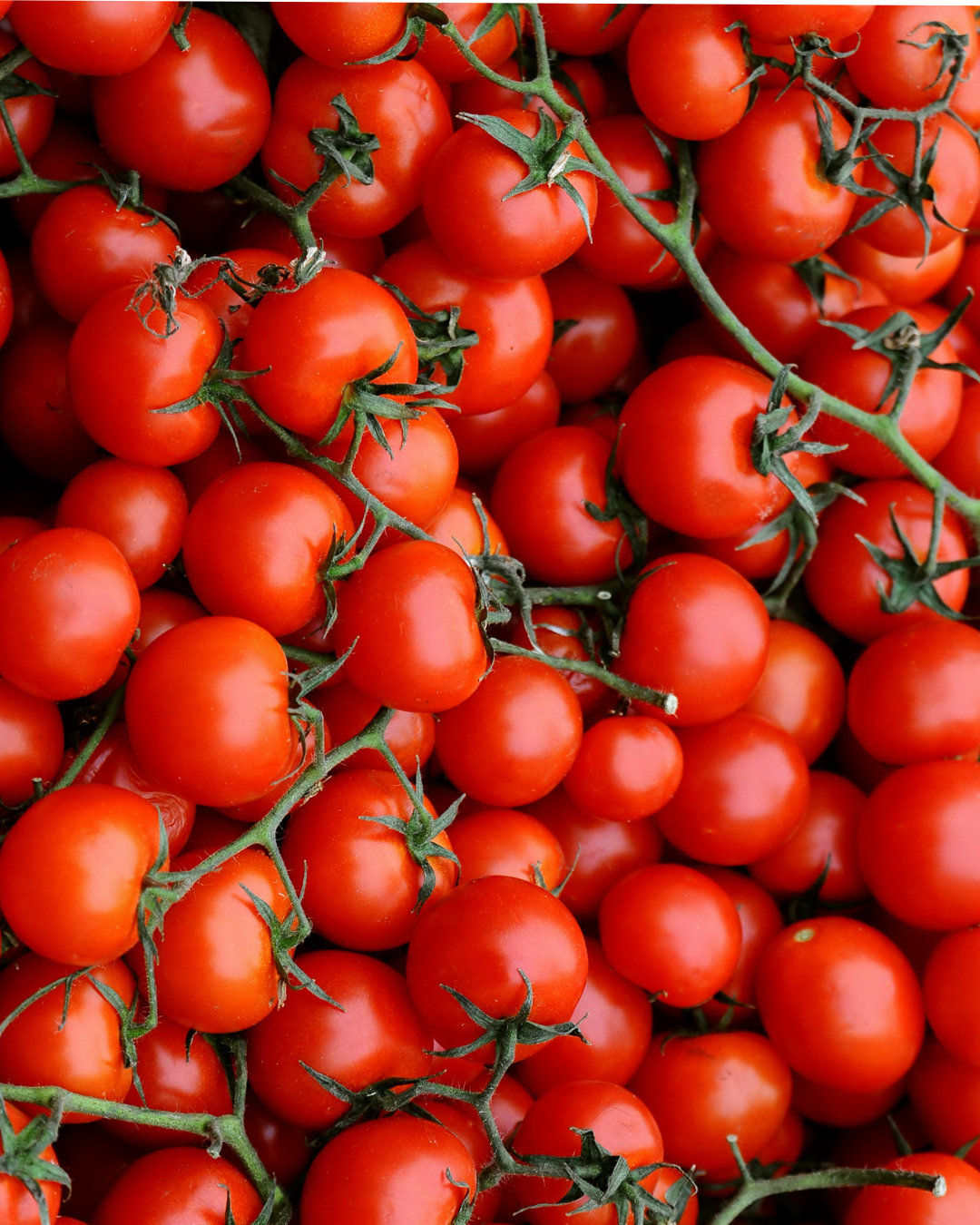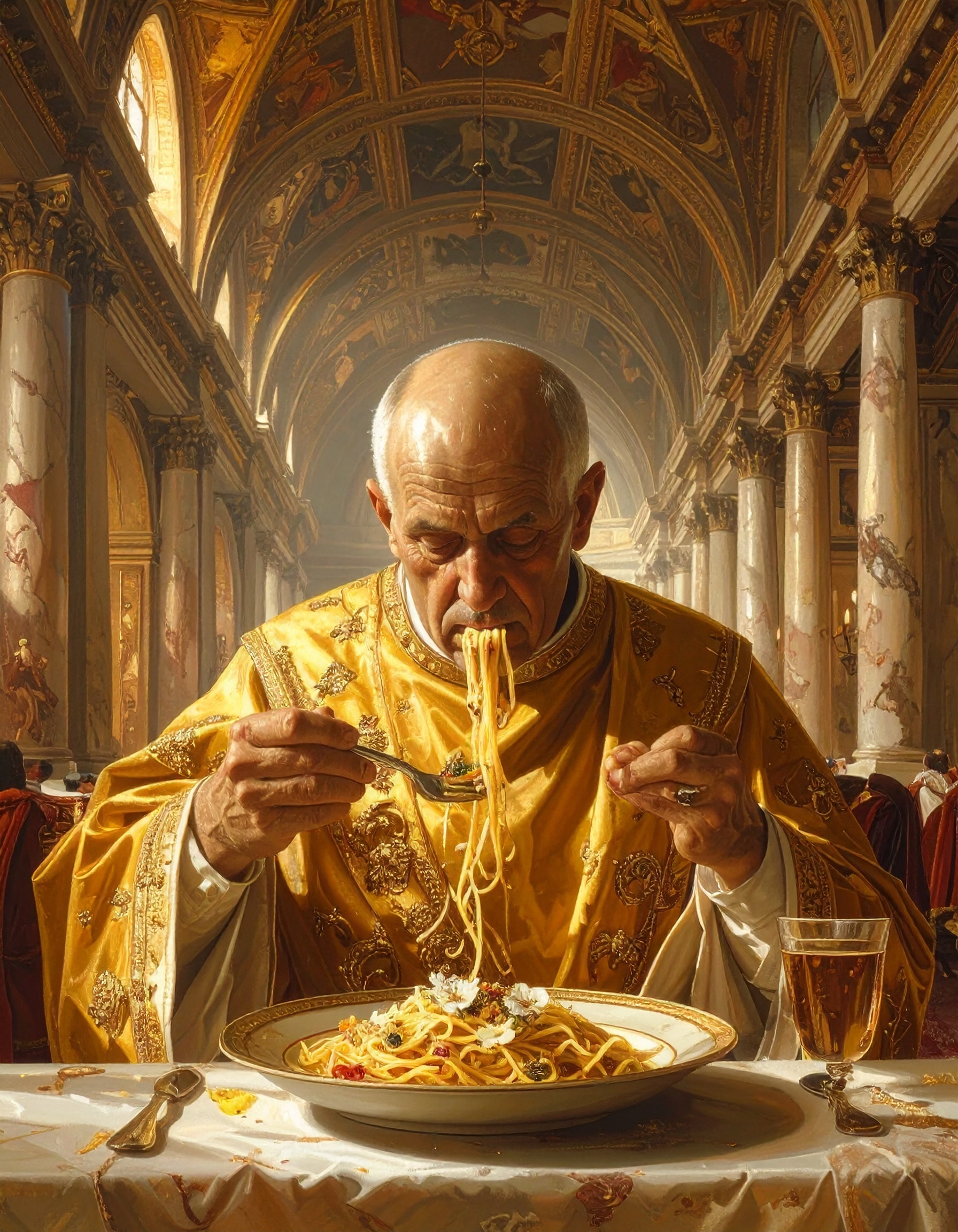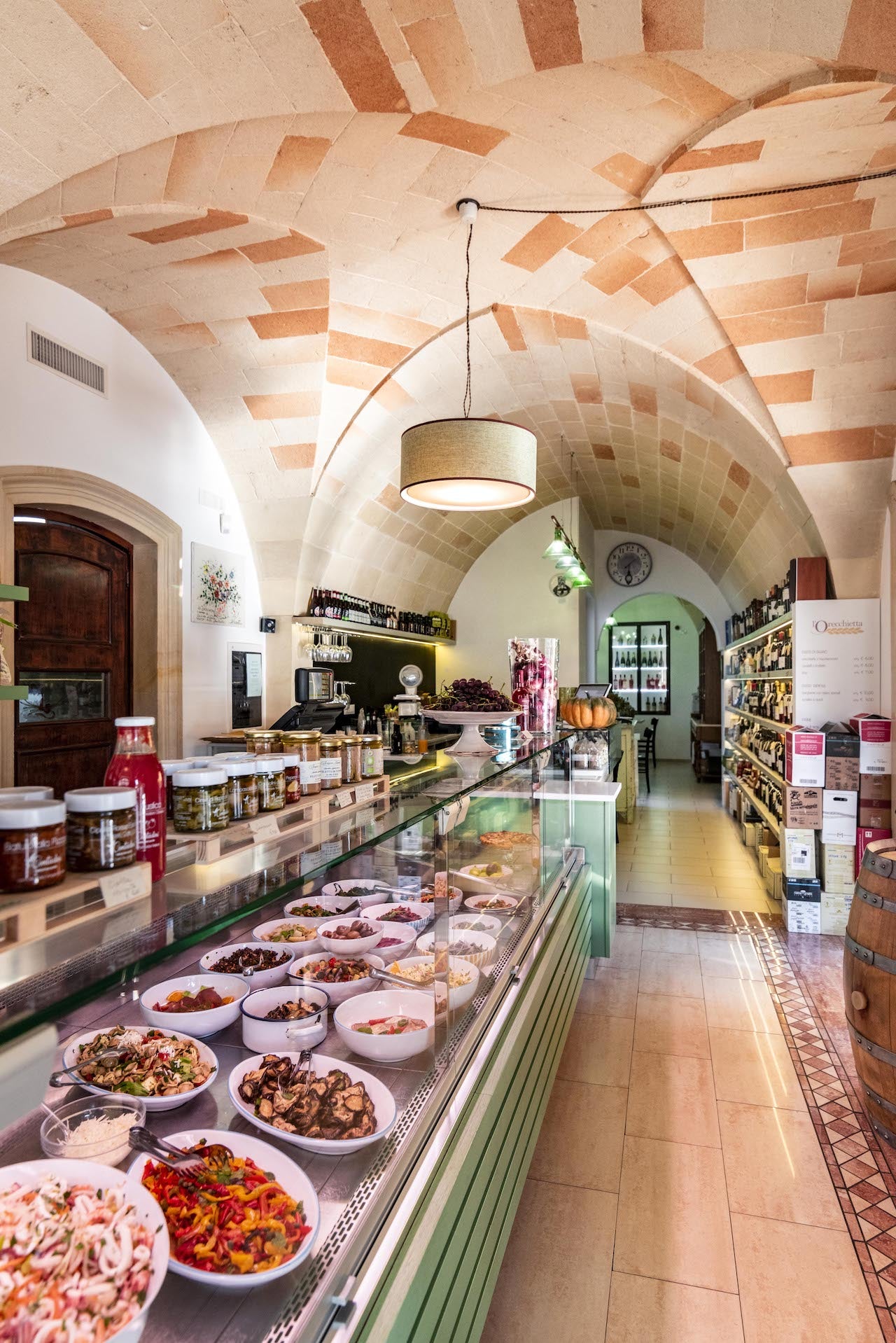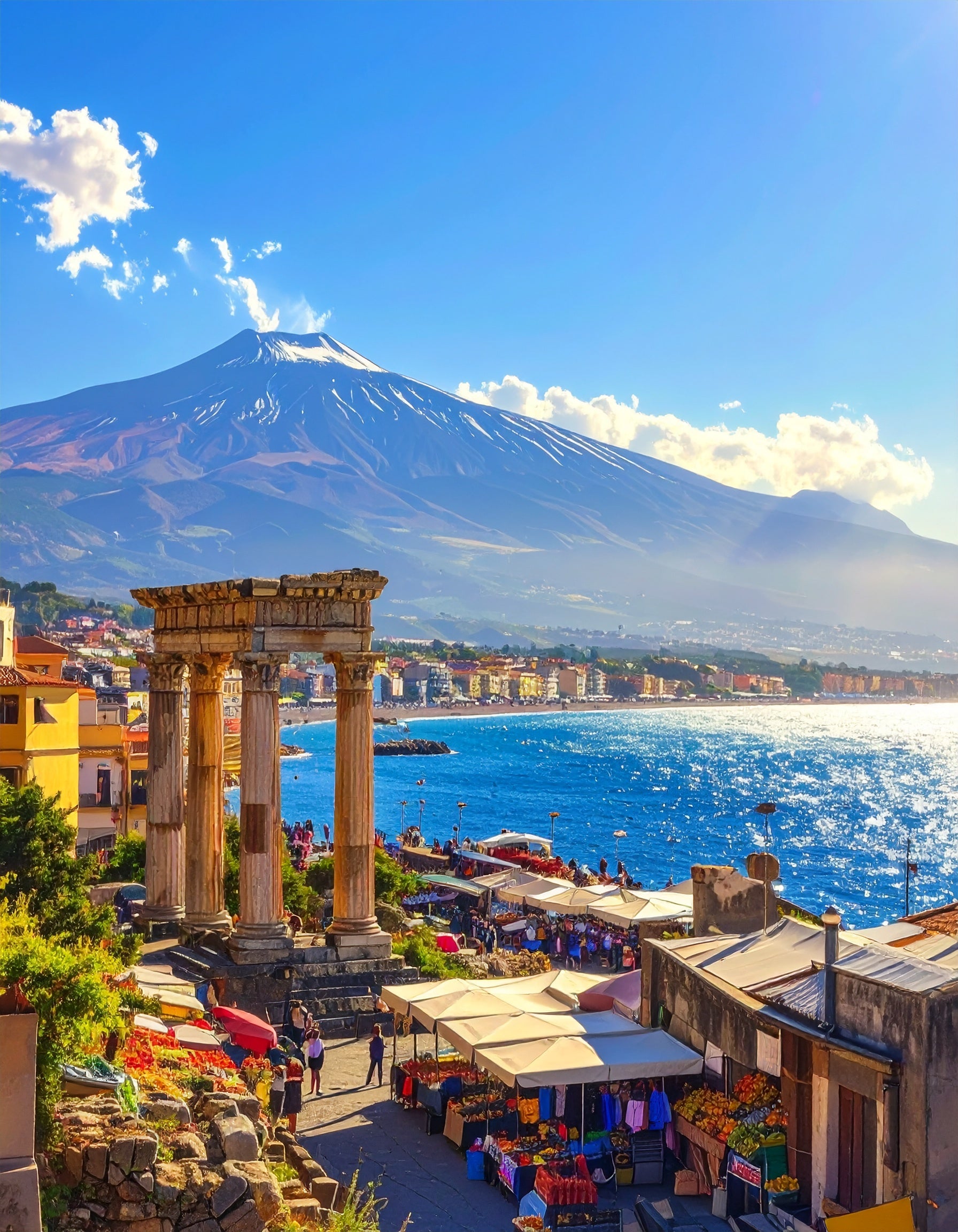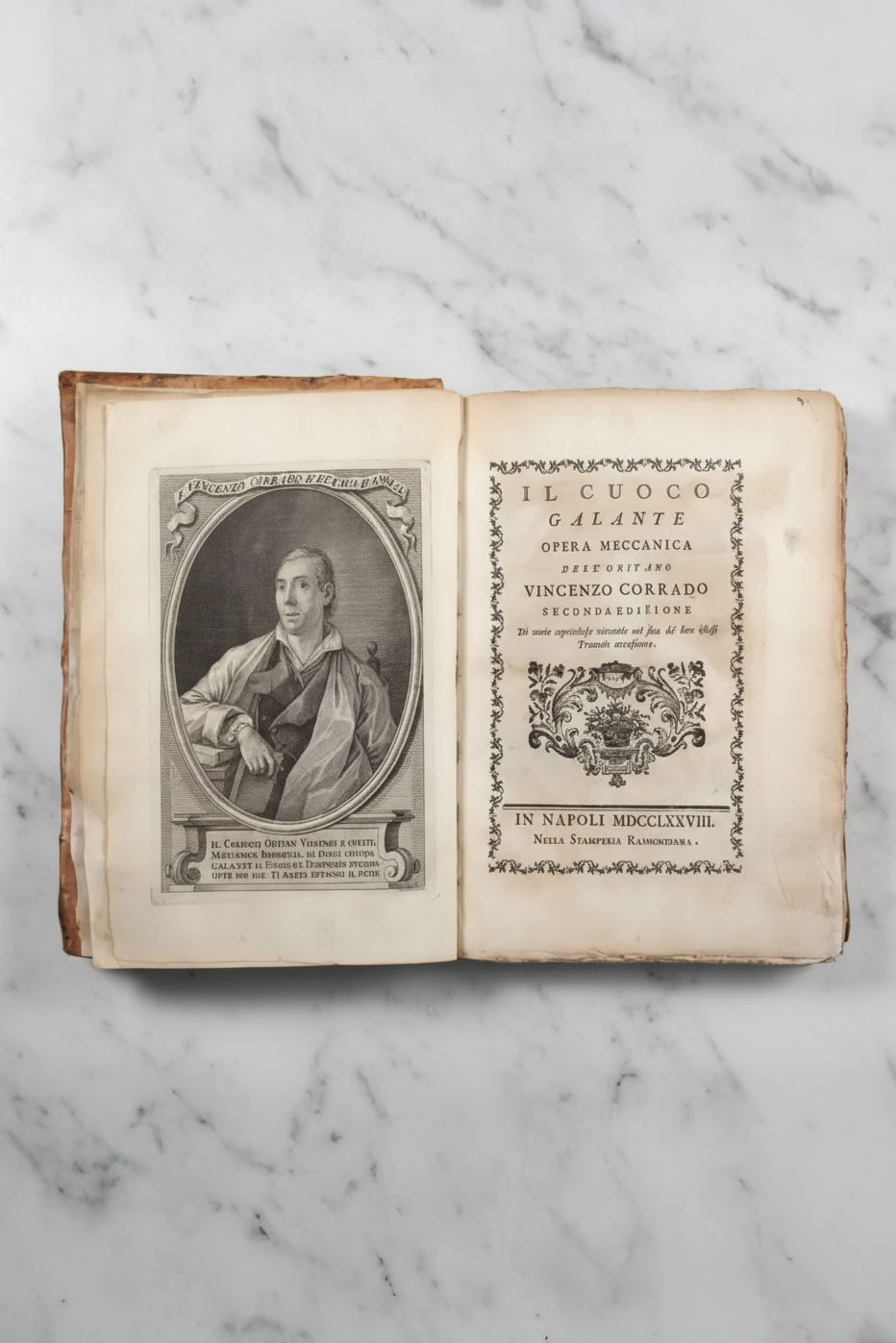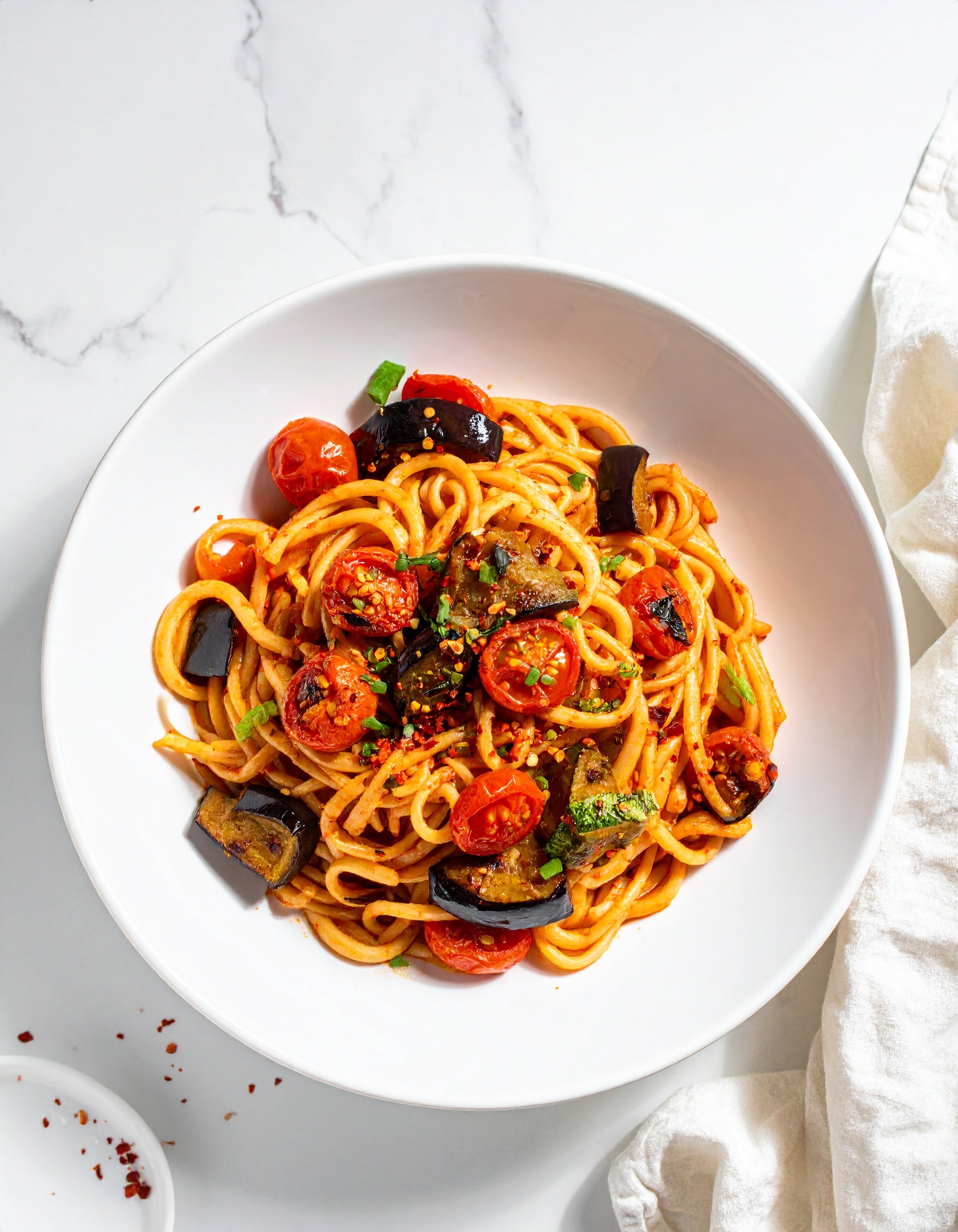Stories: Massimo Bottura and the Art of Reinventing Italian Pasta
History: Massimo Bottura and the Art of Reinventing Italian Pasta
In 2007, Massimo Bottura, the visionary chef behind Osteria Francescana in Modena, published Never Trust a Skinny Italian Chef. Unlike traditional cookbooks that codify recipes, Bottura’s book is a celebration of creativity, experimentation, and the restless evolution of Italian cuisine — with pasta as one of its most expressive canvases.
Trained in both Italian and French technique, Bottura is famous for taking the most beloved dishes of his homeland and reimagining them with precision, humor, and a healthy disregard for rules. In his hands, pasta stops being just food — it becomes storytelling, memory, and art. The pages of his book brim with anecdotes, philosophy, and laughter, all orbiting the same idea: that innovation doesn’t erase tradition, it extends it.
Modern Italy Meets Culinary Innovation
By the early 2000s, Italian cuisine had already conquered the world — but Bottura pushed it into new territory. His approach combined:
- Respect for tradition: Drawing from the heart of Emilia-Romagna — tortellini, tagliatelle, lasagne — and treating those recipes as living heritage, not museum pieces.
- Avant-garde technique: Sous-vide, deconstruction, and molecular gastronomy appear beside rolling pins and stockpots.
- Visual storytelling: Every dish is plated like a narrative — designed to make diners feel as much as taste.
- Philosophy of emotion: For Bottura, food must evoke something — nostalgia, surprise, even a smile.
Through these principles, pasta becomes an interactive art form: one that honors history while daring to dream beyond it.
Bread Is Gold: When Breadcrumbs Replace Luxury
Beyond the fine-dining tables of Modena, Bottura carried the same philosophy into his Refettorio projects — community kitchens where top chefs transform surplus supermarket food into elegant, nourishing meals. The idea, later captured in his book Bread Is Gold, turned waste into worth.
In one memorable creation, Bottura swapped breadcrumbs (mollica) for ingredients like pine nuts — or even for a sprinkling of Parmigiano itself — proving that flavor doesn’t depend on privilege but on imagination. It was a quiet revolution disguised as thrift. Old Italy understood this long before Michelin stars existed: in places like Basilicata and Puglia, mollica had been used for centuries to replace cheese when times were lean. Bottura’s act, whether he intended it or not, brought that humble wisdom full circle — from peasant kitchens to the world stage.
Five Iconic Pasta Reinventions
Here are five standout pasta creations that capture Bottura’s playful approach to tradition:
1. Tortellini in Parmigiano Broth
A poetic reinterpretation of Modena’s classic dish. Tiny tortellini float in a clear Parmesan broth so precise it tastes like distilled memory. The twist isn’t in ingredients but in proportion, presentation, and reverence.
2. Tagliatelle al Ragù di Cotechino
A reworking of the northern Italian meat sauce, using cotechino sausage for depth and richness. It’s comfort food dressed in couture — rustic roots with refined execution.
3. Deconstructed Lasagna
Perhaps his most famous experiment. Instead of stacked layers, Bottura separates ragù, béchamel, and pasta into sculptural fragments. You taste the tradition — but your mind experiences it anew.
4. Spaghetti Cacio e Pepe, Elevated
A Roman classic reduced to its essence. Bottura focuses on the science of emulsification, turning simplicity into high art. Every bite is creamy, peppery, and technically flawless.
5. Ravioli al Parmigiano Reggiano
A love letter to Emilia-Romagna. Seasonal fillings, inventive sauces, and a reminder that restraint is its own form of creativity.
Fun Facts About Bottura’s Pasta Philosophy
- Bottura calls food “edible storytelling,” and pasta his favorite language.
- His dishes often reference art, music, and childhood, turning meals into memory games.
- He insists that tradition is not repetition — it’s evolution.
- Deconstructed dishes like his lasagna are meant to make you think as you eat.
- He has collaborated with artists and scientists alike to push pasta into the realm of contemporary art.
The Legacy of Bottura in Modern Pasta Culture
Massimo Bottura stands as a bridge between Italy’s culinary past and its future. Where old cookbooks fixed recipes in stone, he keeps them alive — showing that pasta can be both nostalgic and avant-garde.
He blurs the line between home cooking and haute cuisine, proving that emotion, storytelling, and wit belong at the same table. Whether it’s a single tortellino in broth or a handful of breadcrumbs reborn as gold, Bottura’s message is the same: creativity begins where perfection ends.
Imagining a Bottura Pasta Experience
Picture sitting at Osteria Francescana: a plate arrives with miniature tortellini shimmering in golden broth. The scent alone feels like a memory you forgot you had. Each bite is elegant, playful, deeply Italian — a whisper of Modena and a wink from the chef.
Or imagine one of his Refettorio meals: breadcrumbs toasted in olive oil, scattered over pasta, served to strangers who for one evening are guests, not recipients. That, too, is Bottura — the artist who made Italy taste itself again, one inventive dish at a time.

